How to use sleep sounds to improve your sleep – drown out noisy neighbours and drift off faster
Match your home's location to a sleep sound for the ultimate insomnia cure
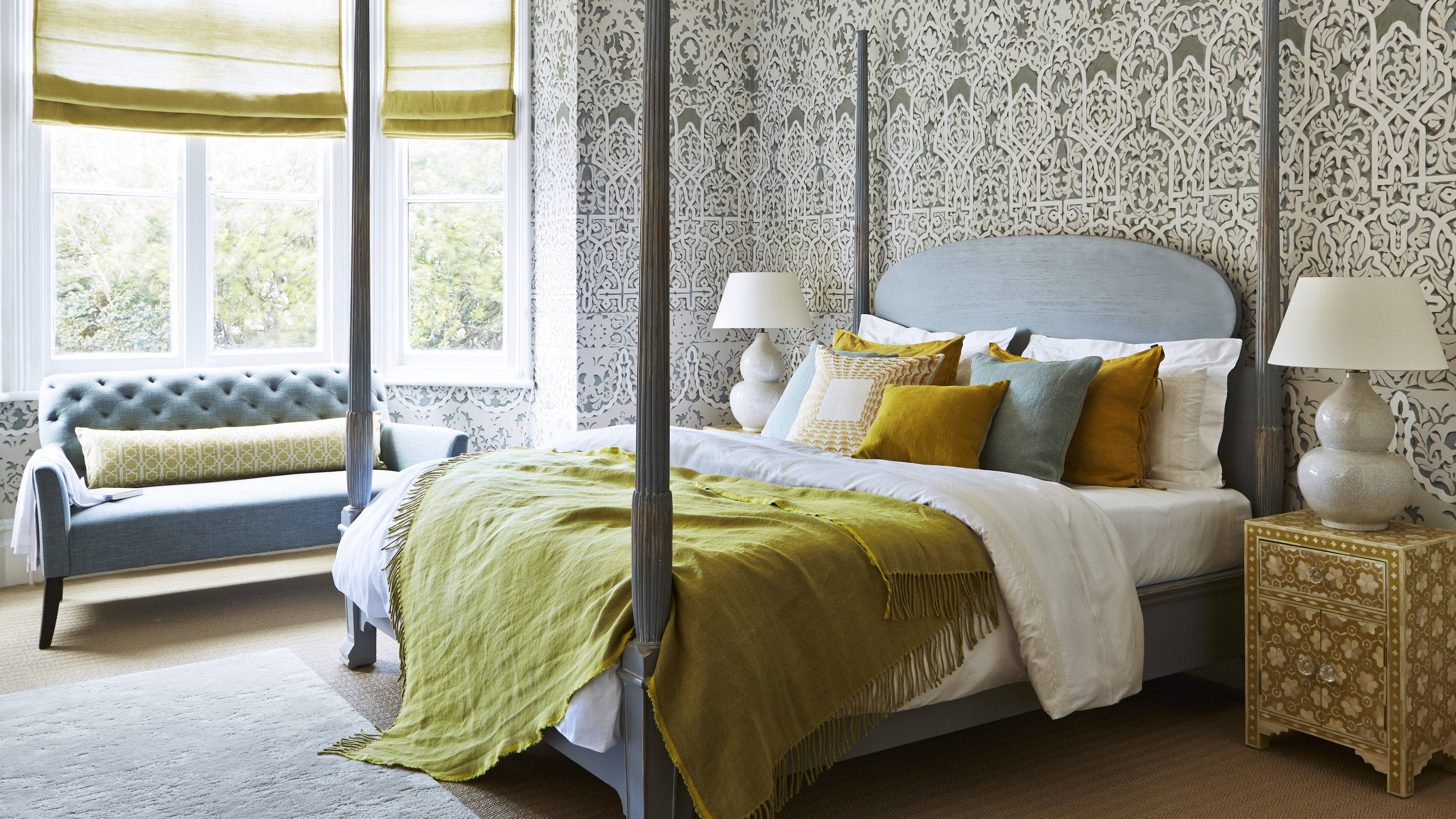


We spend one-third of our life sleeping, so it's important that the sleep is good quality. However, there are so many sounds around us at night that can disrupt a good night sleep. But some sounds can help you drift off to sleep - sleep sounds.
These provide background noise that helps to drown out the disruption of banging car doors, revving engines, noisy neighbours and other sounds that can wake you up at night. You might be familiar with white noise sleep machines, but now there are sleep apps that also offer pink, brown, green or blue noise to fall asleep to. You can even download playlists from Spotify.
However, it isn't as simple as choosing a type of noise and running with it to help you sleep better. To make the most out of sleep sounds it's best to match the sleep sound to the location of your home and the type of outside noise most likely to disturb your slumber.
We spoke to some sleep experts to find out more, about how sleep sounds work and how to choose the best one for you.
Why quiet nights are important
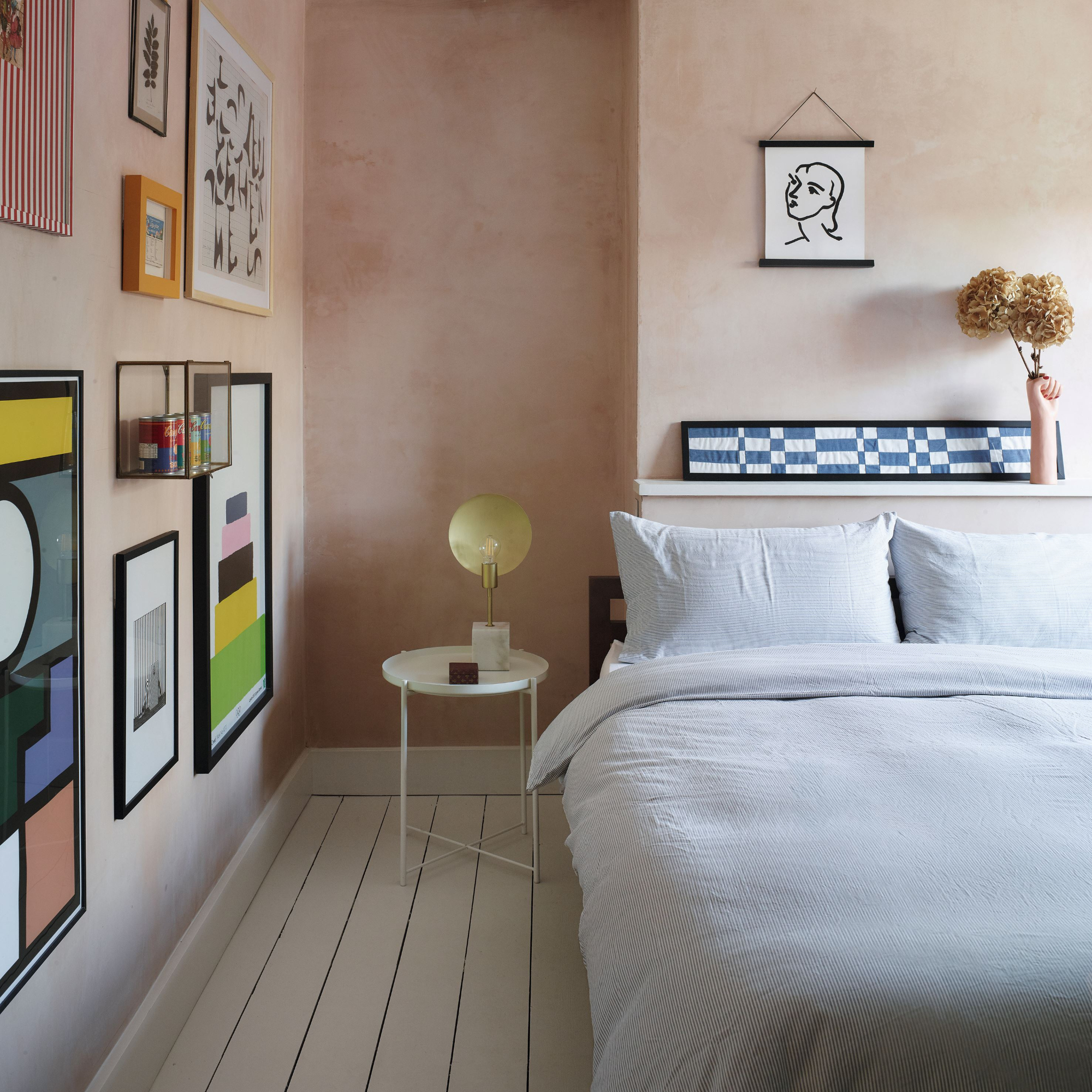
According to The Sleep Charity, most people generally need a quiet bedroom to sleep well. We're most likely to be woken up by noise in the lighter stages of sleep but noise is most damaging when it wakes us up from our deepest sleep. One study found that noise-interrupted sleep can limit our motor skills, creativity, judgment and memory. A link has also been suggested between noise exposure at night and cardiovascular disease.
'Whether it is the birds chirping outside or noise of traffic, for light sleepers, even the slightest noise can be a disturbance during the night. This is made particularly worse when we sleep in a new environment, as the unfamiliar sounds endured during an overnight stay can prove even more distracting,' explains Alison Jones, sleep expert at Sealy UK.
We can take steps to soundproof our bedrooms, choose the best mattress and invest in bedding such as mattress toppers and weighted blankets to create a snug and restful environment, but sleep sounds turn our bedrooms into a true sanctuary.
Get the Ideal Home Newsletter
Sign up to our newsletter for style and decor inspiration, house makeovers, project advice and more.

Alison is sleep expert at Sealy, the world's number one bed brand. In her role, she delves into the science of sleep and the effect it can have on our lifestyle and wellbeing to ensure everyone gets the best night’s rest possible.
Types of sleep sound:
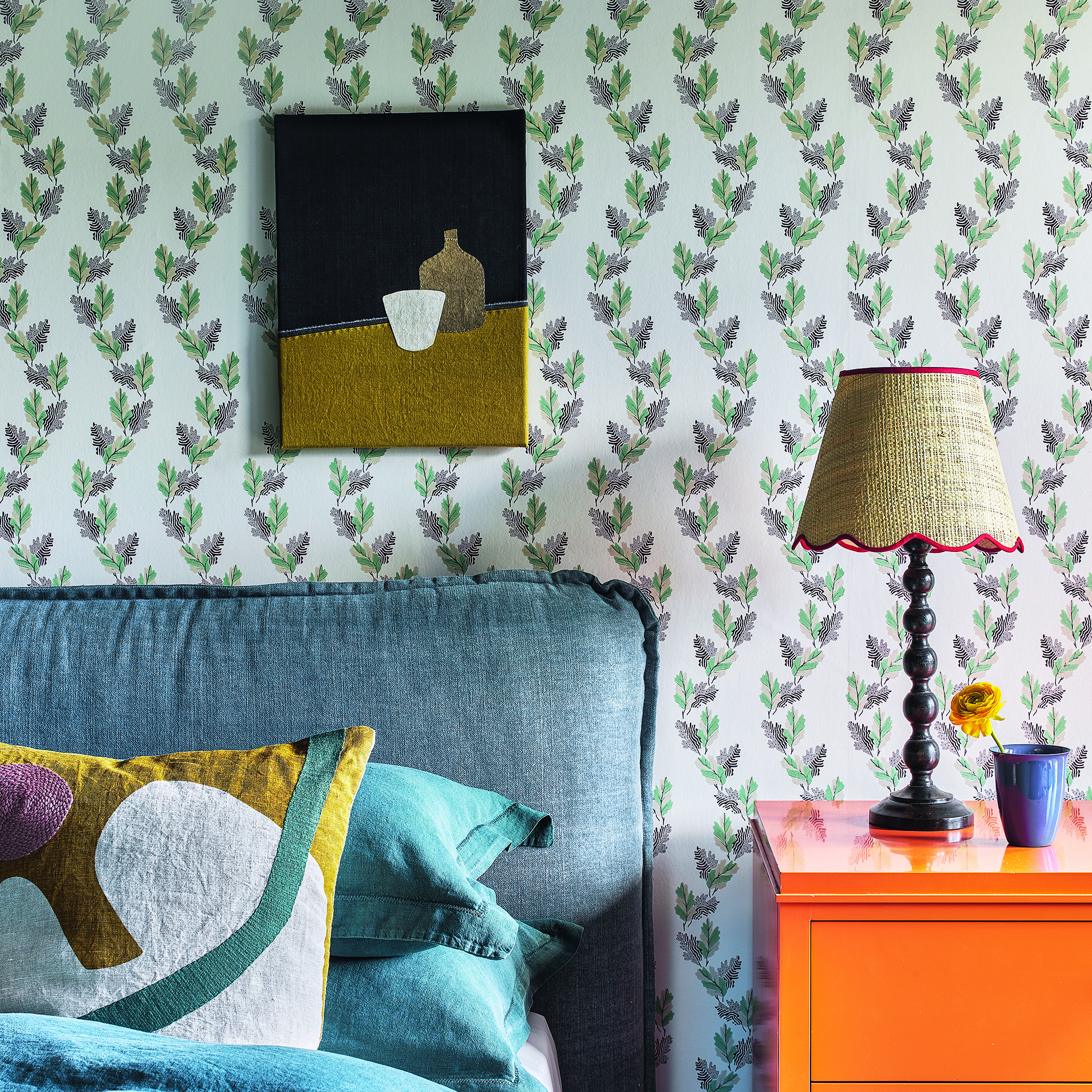
We're not talking snoring! That's one sound guaranteed to disturb your slumber. Instead, there are different sounds that have been proven to help us get a good night's rest by blocking out more disruptive noises from inside and outside our homes.
White noise
White noise is the sleep sound we're most familiar with. It contains a spectrum of sound frequencies in equal intensities and has a high-pitched, static sound, like an unturned TV or fan (which is why some parents put a fan in their baby's room to help them sleep).
'White noise has helped many restless sleepers finally get a good night’s rest and is recommended by many sleep professionals,' says Alison Jones, sleep expert at Sealy UK. 'This is because the white noise creates a constant sound that can help mask other background noises, helping to ensure an undisturbed rest for those easily awoken.'
Pink noise
Pink noise is another steady background noise, with a low hum that can help you get a better night's sleep. Pink noise seems similar to sounds you’d hear in nature, such as rustling leaves, steady rain, wind and even heartbeats,' says neuroscientist and sleep expert, Dr Lindsay Browning, who has helped to create Sound of Wellness, a new online sleep sound tool for Currys.
'Pink noise can help to evoke a deeper, less fragmented sleep, which can help you focus and concentrate better during waking hours,' Dr Browning continues.
Green noise
Green noise is similar to pink noise but sounds more natural and is more pleasant to listen to, according to Dr Browning. 'It sounds like rumbling rivers, trickling waterfalls and waves crashing on the beach,' she says. 'It sounds more natural to the human ear, which is more pleasant to listen to. This is why it can help ease you to sleep at night.'
Brown noise
Brown noise has a rumbling sound that’s deeper that white, pink or green noise.'It is thought to resemble strong winds or the ocean waves during a storm,' suggests sleep expert Alison Jones. 'Many people say that brown noise helps to improve relaxation and encourages a deeper sleep, in turn improving focus following a good night’s kip.'
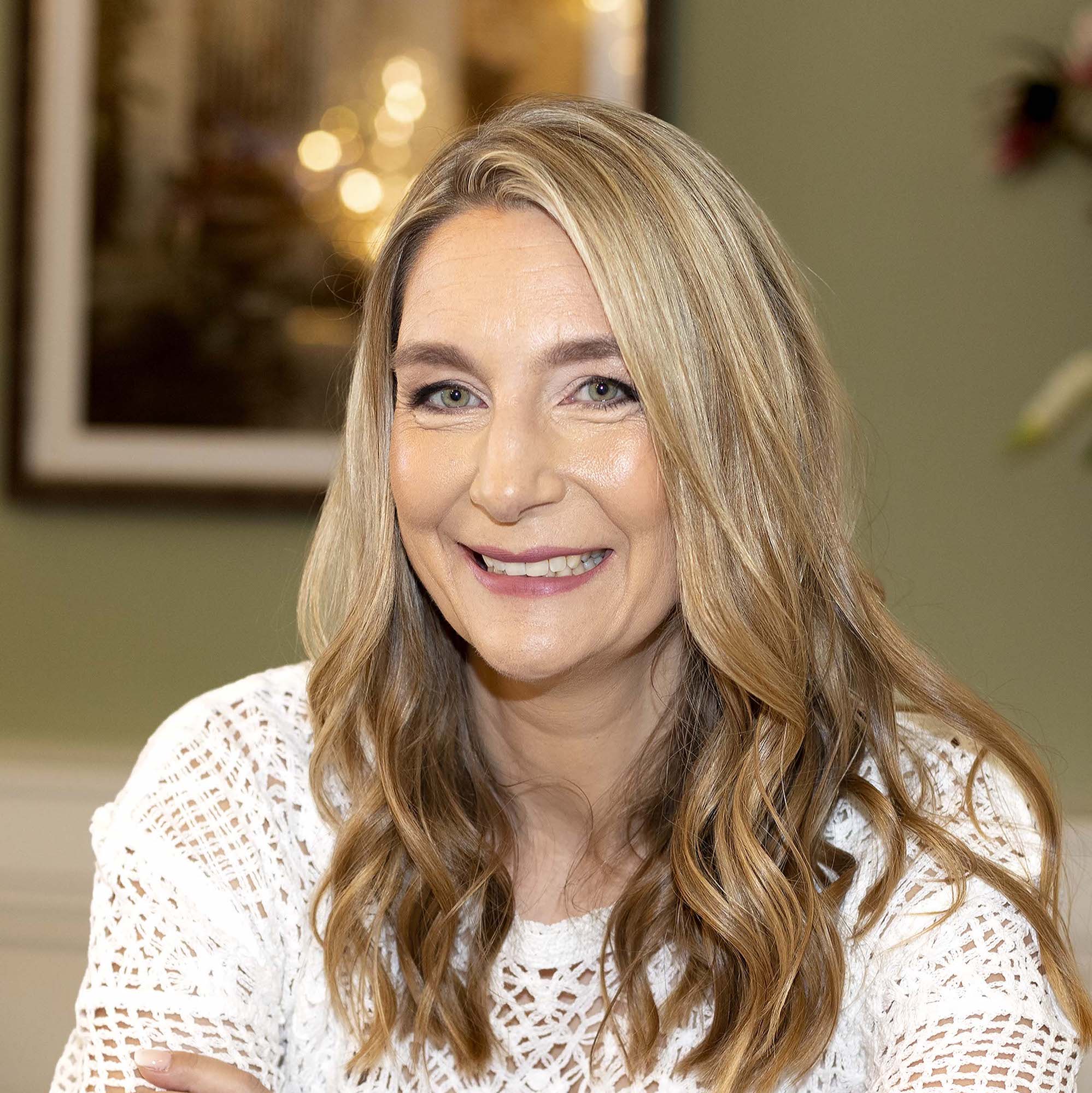
Dr Lindsay Browning is a sleep expert at Trouble Sleeping and author of the self-help sleep book, Navigating Sleeplessness. She has degrees in both neuroscience and psychology and a doctorate from the University of Oxford where she investigated the treatment of insomnia. Dr Browning founded Trouble Sleeping in 2006 and is a Chartered Psychologist and Associate Fellow of the British Psychological Society, a member of the British Sleep Society and a member of the American Academy of Sleep Medicine.
The best sleep sound for your home's location
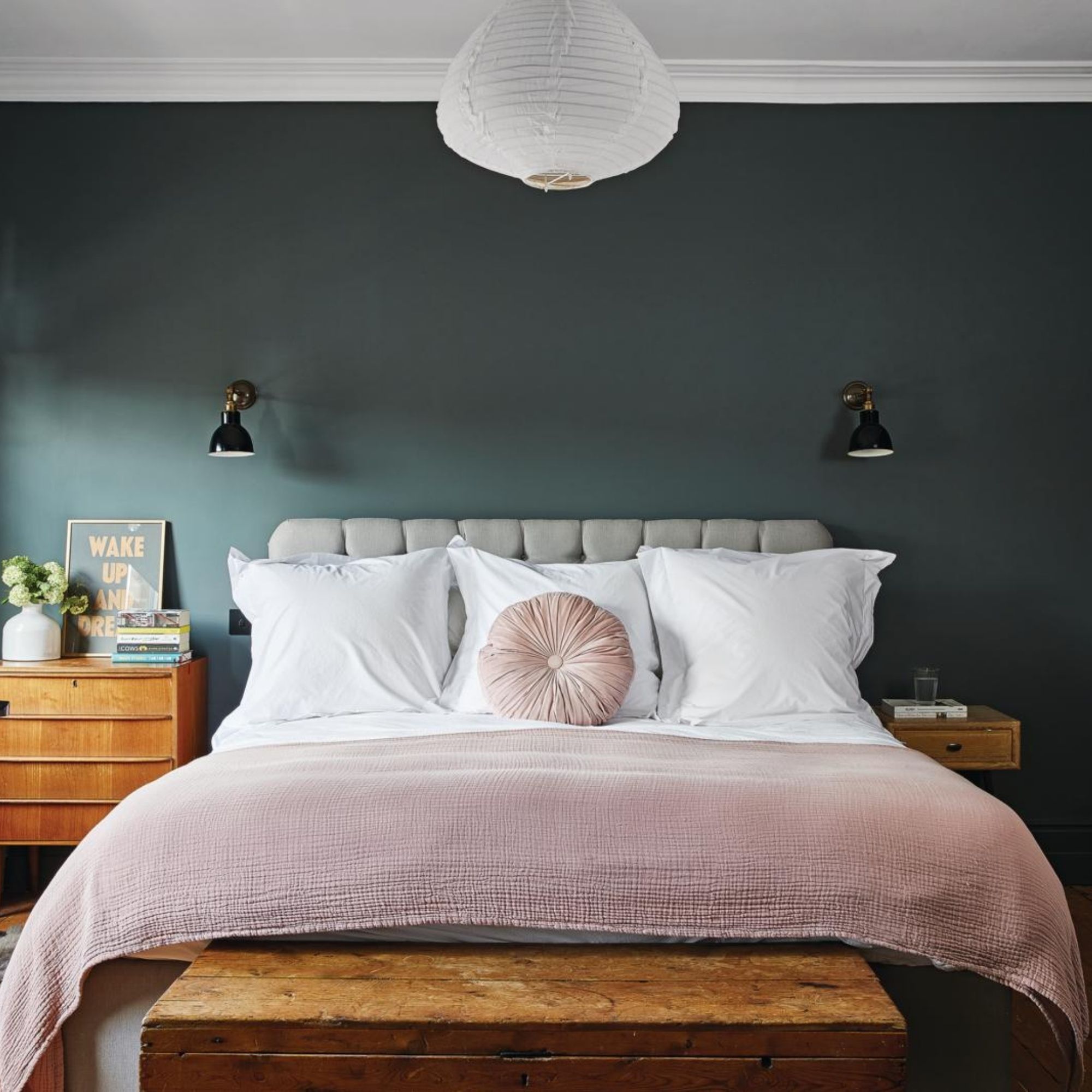
While your preferred sleep sound is a personal choice, experts suggest that white, pink, green or brown noises block out noises in different ways. Select your sound 'colour' depending on the location of your home and the noises that typically disturb you, and you'll give yourself the best chance of a good night's rest.
City centres and urban environments - white noise
'Should you be a light sleeper trying to doze off in a big, bustling city, the use of white noise can be effective in drowning out and masking those "urban" sounds, such as traffic, sirens, or general chitter chatter from those walking around,' says sleep expert Alison Jones.
'White noise will help silence those disturbances and create a more tranquil, distraction-free sleep environment.' White noise is also a good option if you live in an apartment, or simply have noisy flatmates.
Suburbs and busy roads - green noise
'Green noise would also be useful in louder places, but more in the medium loudness range. For example, if you live outside a city but your home is next to a busy road or above a retail space, then green noise might be ideal for you,' suggests meditation coach Ofosu Jones-Quartey, from popular meditation app, Balance, which offers White, Brown, Pink and Green sleep sounds.
Quiet streets and rural neighbourhoods - pink noise
The constant background sound of pink noise is good for filtering out intermittent noises, such as voices of people walking by or the occasional passing car.
'For those who find the sounds of nature relaxing, pink noise might be the best choice,' explains Alison Jones. 'Pink noise is often considered a balanced and soothing option that can complement, rather than silence, the gentle sounds of the outside.
Countryside areas - brown noise
Some people find the silence of the countryside 'deafening' – it's just too quiet for them to feel at ease. In those circumstances, the deep rumble of brown noise can be soothing.
'Brown noise won’t block as big of a range of external sounds, but it's often more pleasant to listen to than some other sleep sounds. Brown noise is best used in rural environments or quieter places where there are fewer intrusive sounds,' says Ofosu from Balance.
FAQs
What sounds put you to sleep the fastest?
One study found that those with trouble sleeping fell asleep 38 % faster with white noise. However, it is believed that most of the benefits of sleep sound on getting to sleep faster is a Pavlovian response.
While white noise and other sleep sounds can help minimise your sleep being disrupted by loud noise, they won't necessarily put you to sleep faster until you've established a proper sleep routine using them.
Sleep routines are key to helping you fall asleep faster, while you might put white or pink noise on to help keep you asleep, after a couple of nights sleeping with it on the noise itself will start to signal to your brain it's time to wind down for bed. This signal is what will help you to drift off to sleep faster.
'Remember that the effectiveness of sleep sounds is highly personal, and what works for one person may not work for another,' concludes Alison Jones. 'Experiment and find the right combination of sounds until you find the noises that help you doze off. By tailoring your choice of sleep sounds to your unique circumstances and living environment, you have the best chance of finding the go-to solution to aid a good night’s rest.'

Andrea began her journalism career at Ideal Home and is currently Editor of our sister title, Country Homes & Interiors, which celebrates modern country style. Andrea is passionate about colour and how it can transform both our homes and our sense of wellbeing, and has completed The Power of Colour course with the prestigious KLC School of Design. Andrea's career spans interiors magazines, women's lifestyle titles and newspapers. After her first job at Ideal Home, she moved on to women's magazines, Options and Frank. From there it was on to the launch of Red magazine, where she stayed for 10 years and became Assistant Editor. She then shifted into freelancing, and spent 14 years writing for everyone from The Telegraph to The Sunday Times, Livingetc, Stylist and Woman & Home. She was then offered the job as Editor of Country Homes & Interiors, and now combines that role with writing for idealhome.co.uk.
-
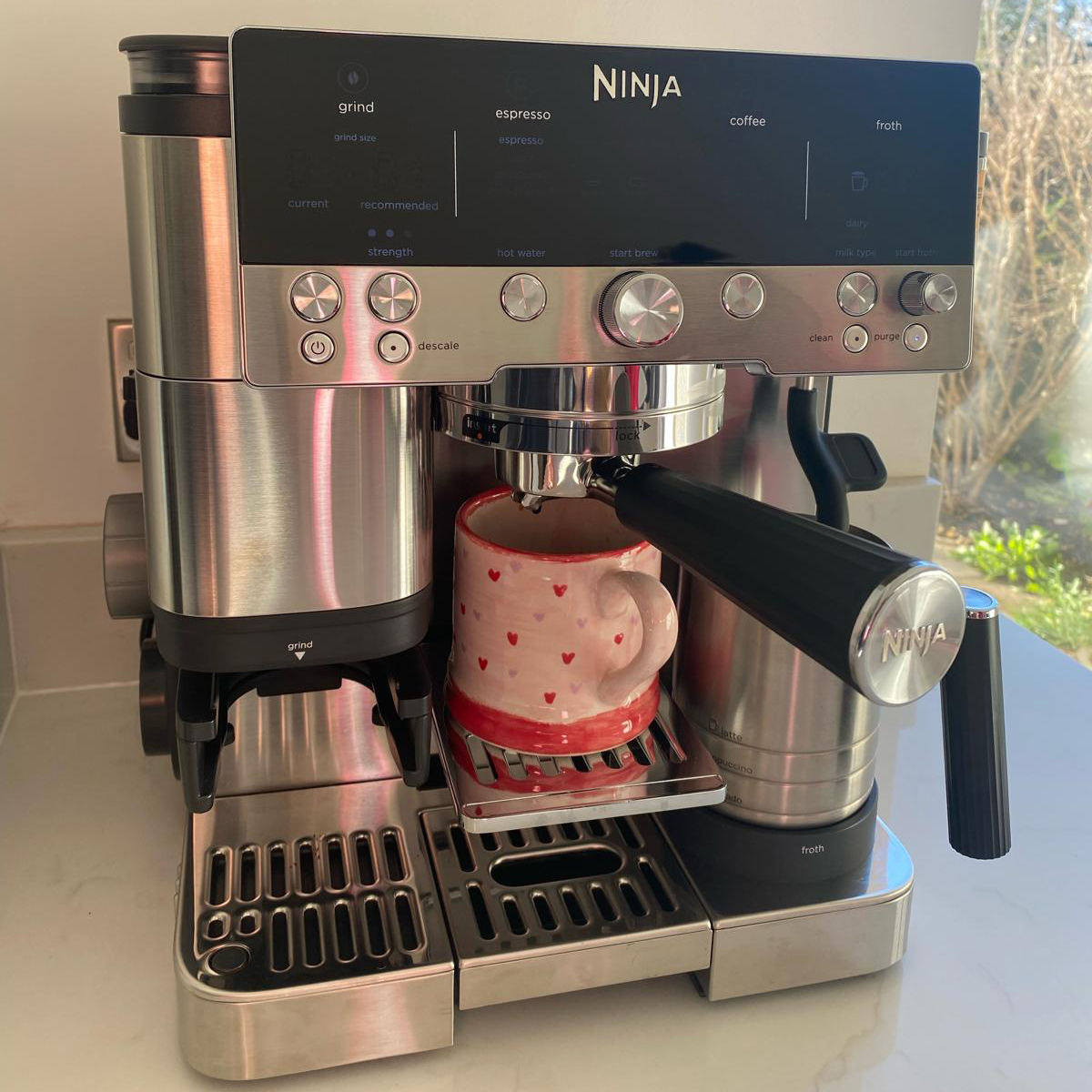 My go-to Ninja coffee machine is on sale for Easter weekend
My go-to Ninja coffee machine is on sale for Easter weekendIt makes coffee shop quality achievable at home
By Molly Cleary
-
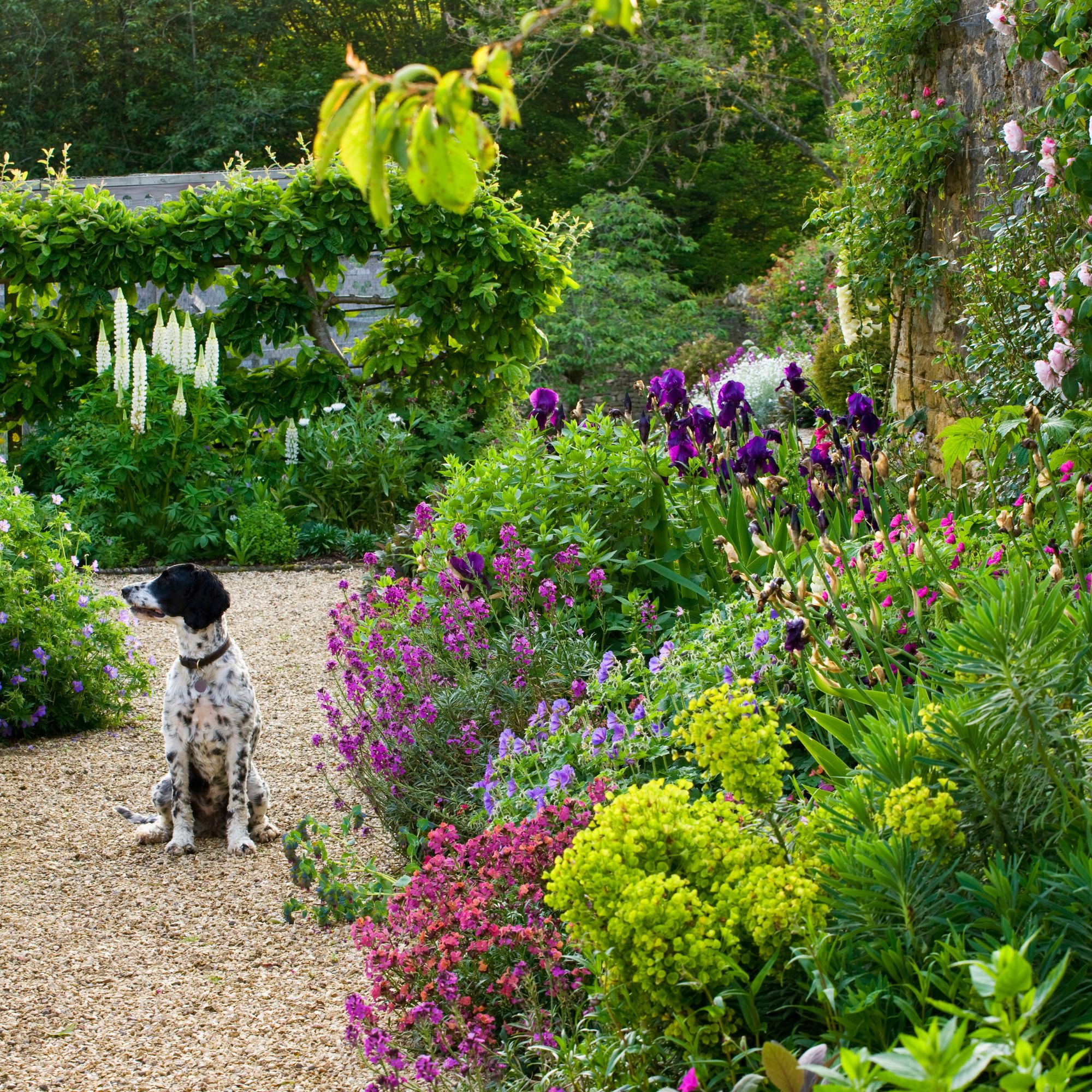 When to plant out annual flowering plants for vibrant, colourful garden borders – and give them the best start, according to experts
When to plant out annual flowering plants for vibrant, colourful garden borders – and give them the best start, according to expertsNot sure when to plant out annual flowering plants? We've got you covered...
By Kayleigh Dray
-
 I'm a kitchen decor editor and didn't like this tableware trend - until I saw H&M Home's designer-look plates
I'm a kitchen decor editor and didn't like this tableware trend - until I saw H&M Home's designer-look platesThey made it easy to justify a new crockery set
By Holly Cockburn
-
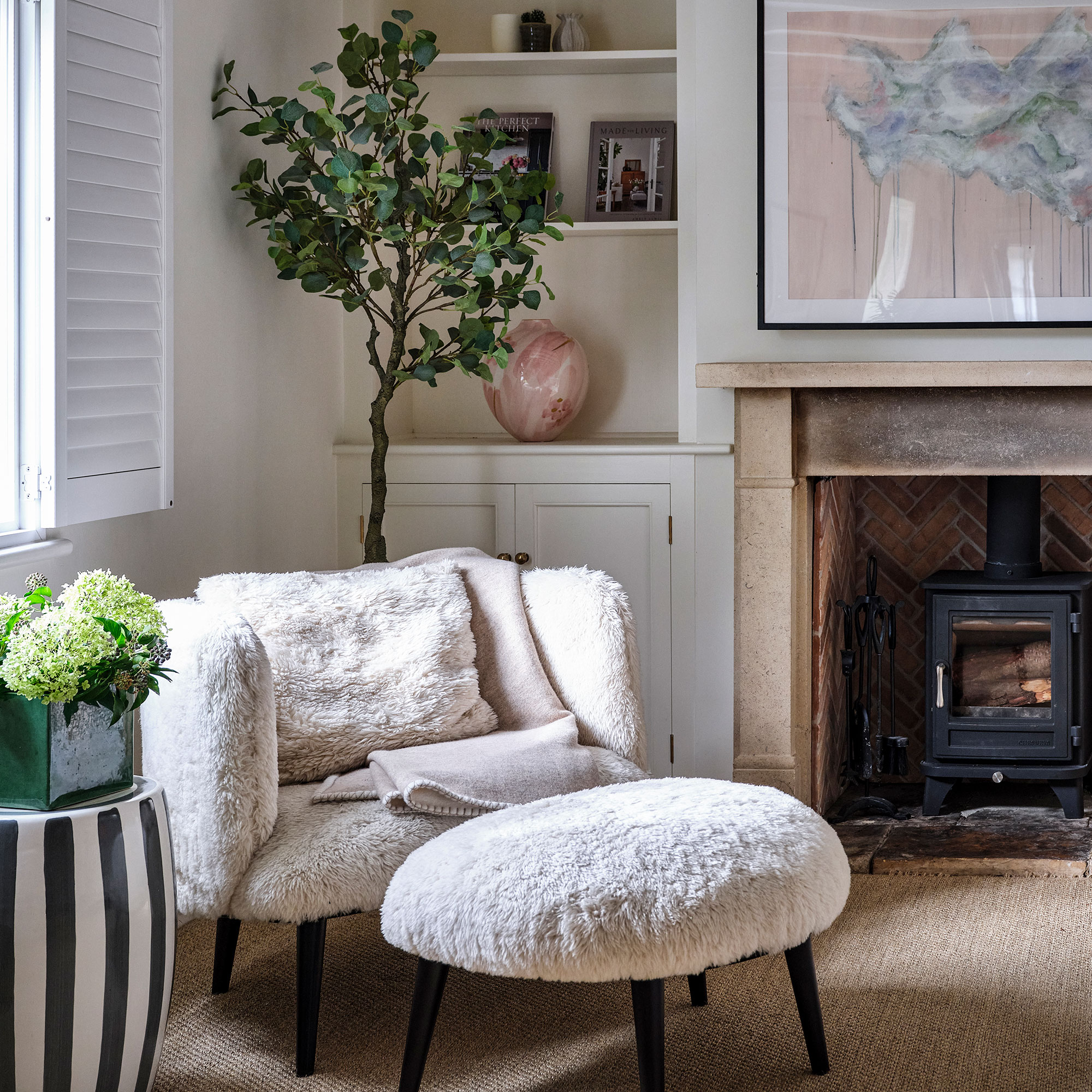 Hygge living room ideas — 6 ways to warm up your home with this Danish concept and cosy aesthetic
Hygge living room ideas — 6 ways to warm up your home with this Danish concept and cosy aestheticHunker down until summer finally arrives with these warming ideas
By Rebecca Knight
-
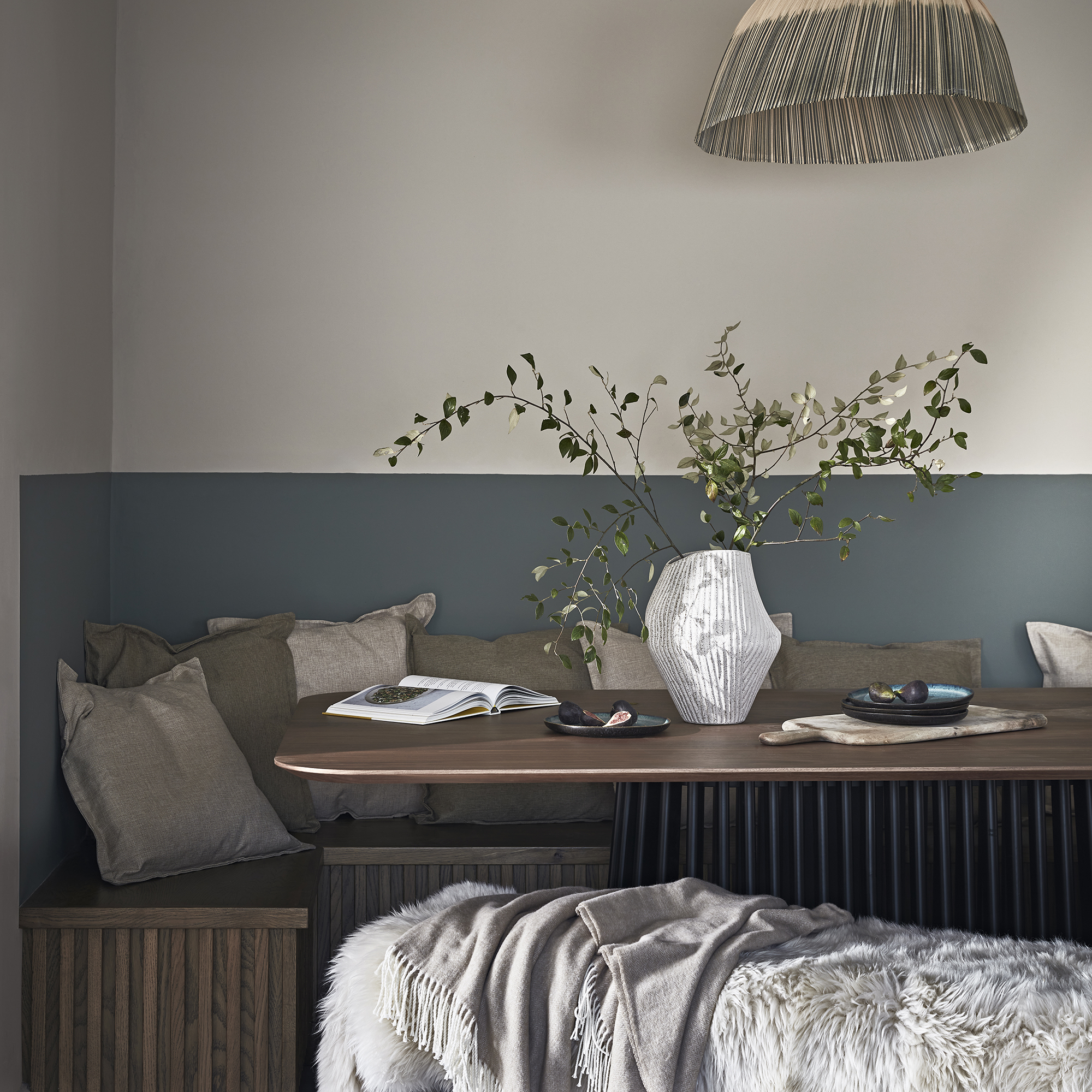
 How to create a sensory home – interiors experts reveal 5 easy ways to style your home and soothe your mind
How to create a sensory home – interiors experts reveal 5 easy ways to style your home and soothe your mindYou can turn any space into a sanctuary by following these simple steps
By Maddie Balcombe
-
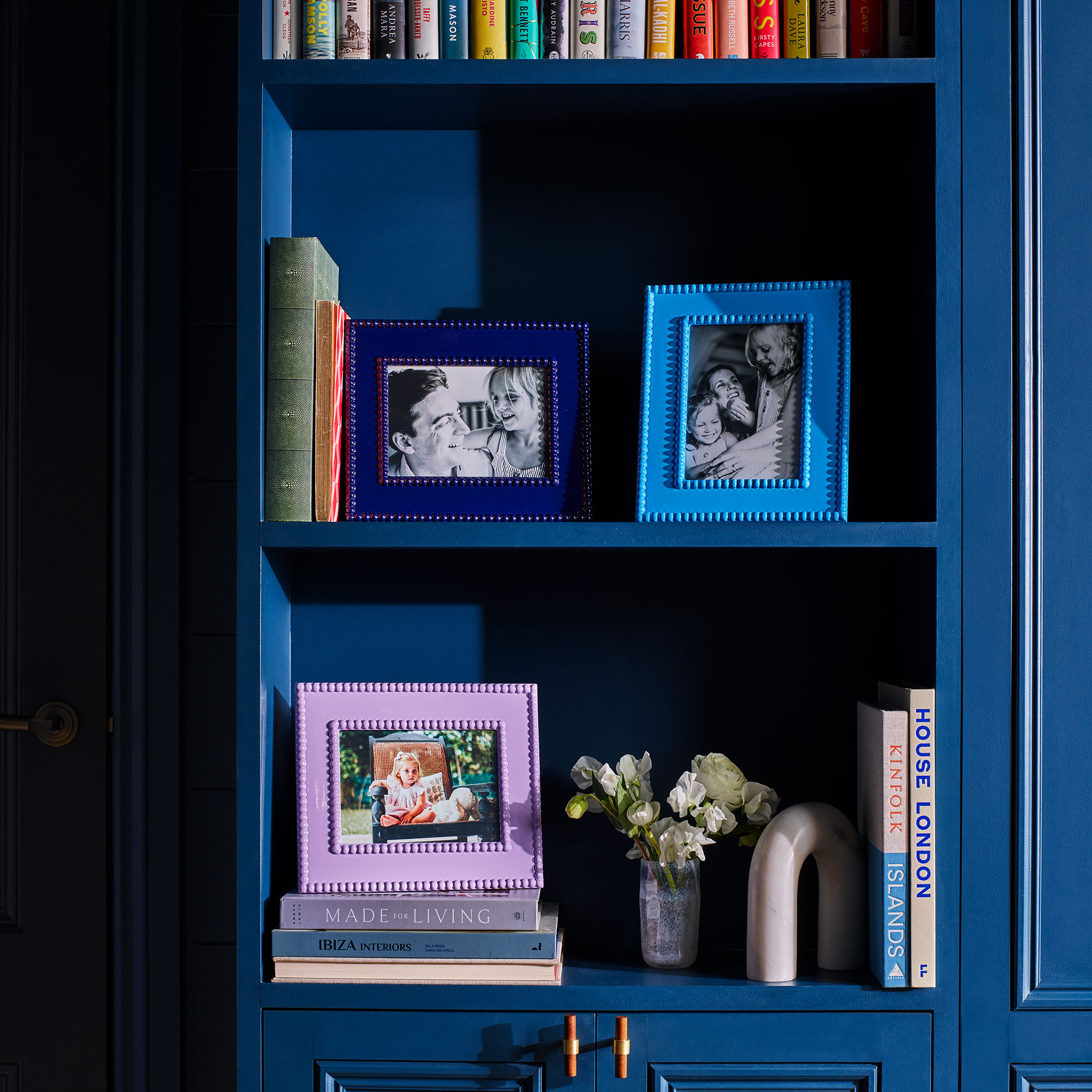
 Can displaying family photos at home make you happier? According to research it can — 5 ways to do it in style
Can displaying family photos at home make you happier? According to research it can — 5 ways to do it in styleHarness the mood-boosting power of looking through old photos by displaying your favourites
By Rebecca Knight
-
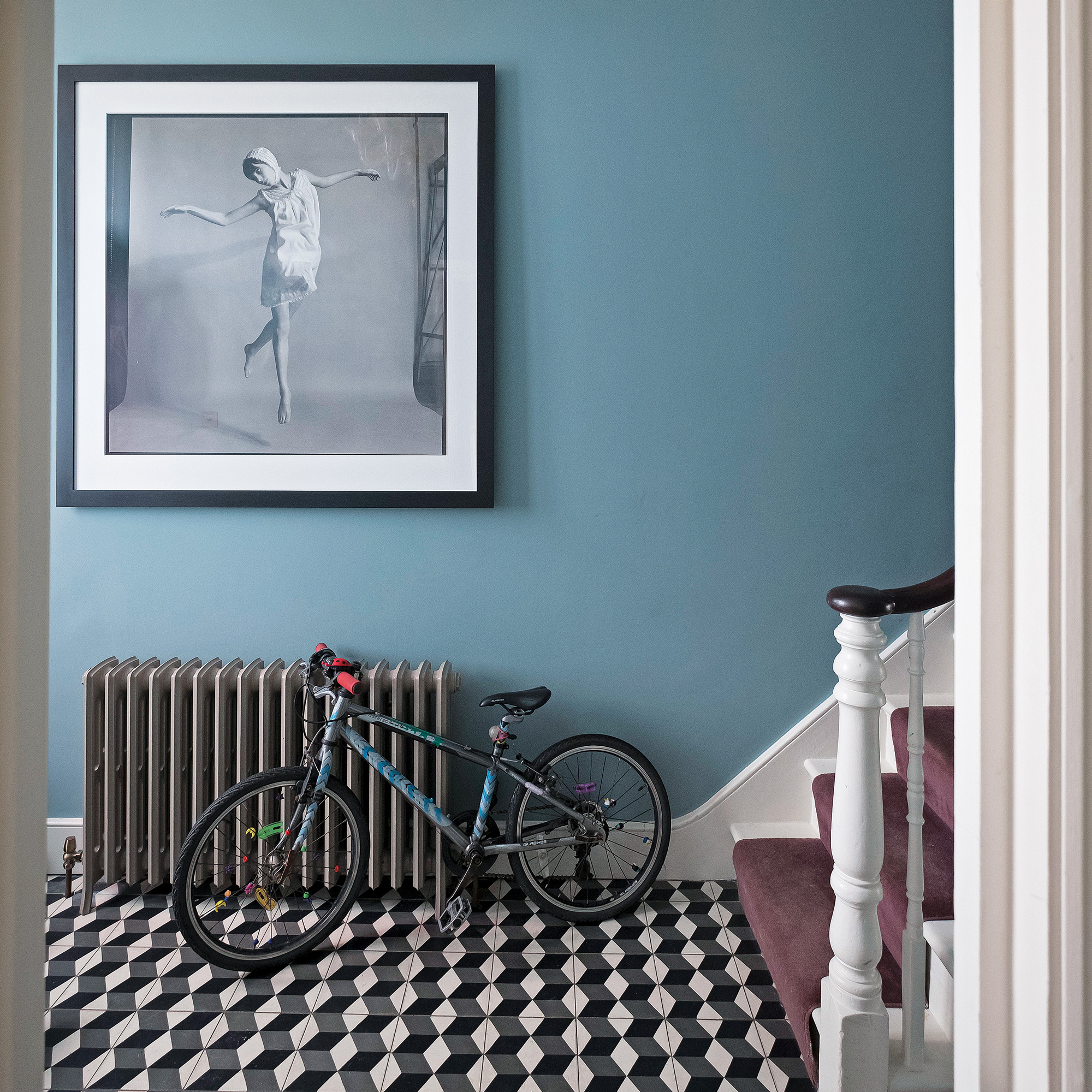 How to make a hallway smell incredible without candles - 7 ways to gently fragrance your entranceway
How to make a hallway smell incredible without candles - 7 ways to gently fragrance your entrancewayGo flame-free to safely scent your entryway
By Vanessa Richmond
-
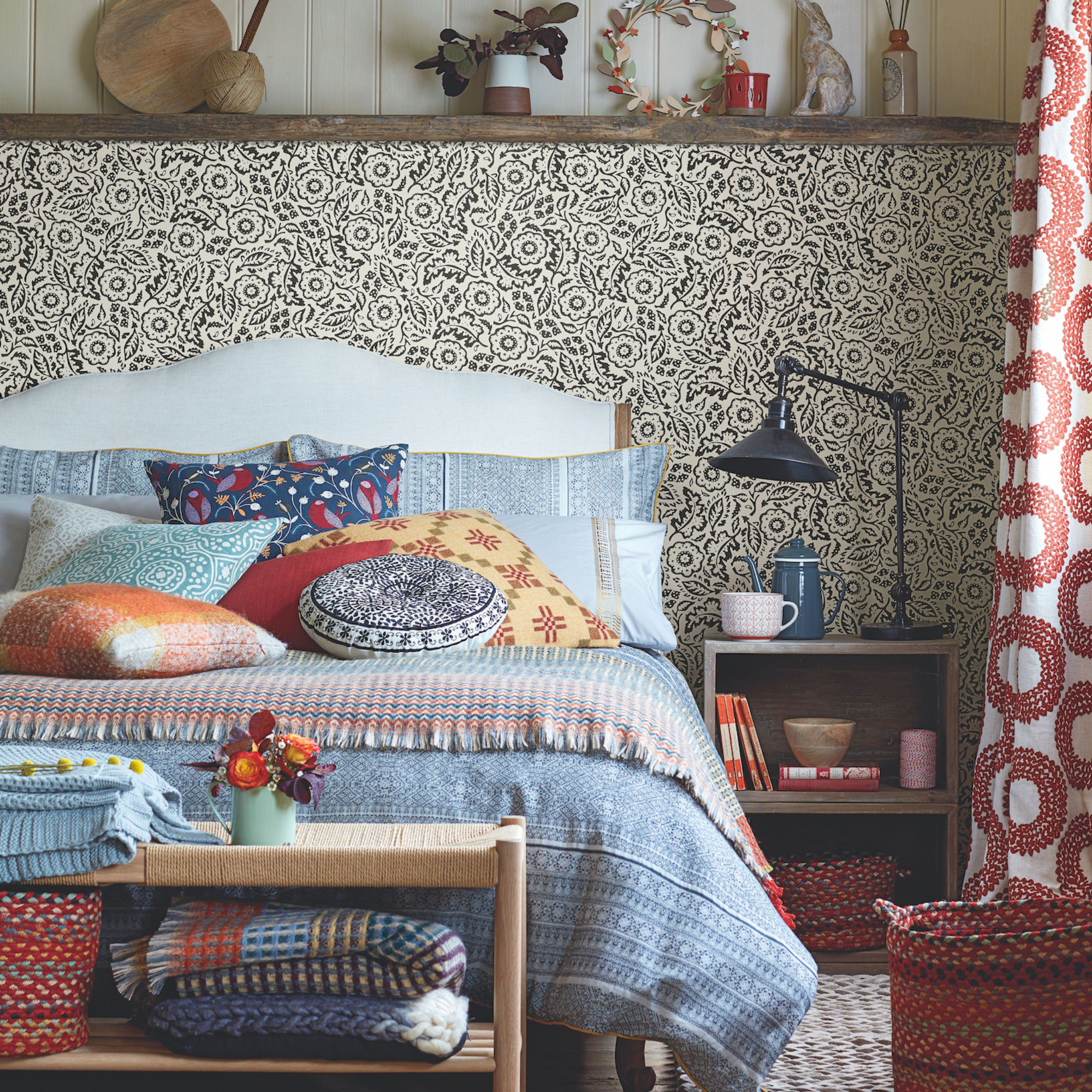 6 ways I brighten my home in January when the Christmas decorations come down, as an interior stylist
6 ways I brighten my home in January when the Christmas decorations come down, as an interior stylistHelp banish the winter gloom with these uplifting ideas
By Laurie Davidson
-
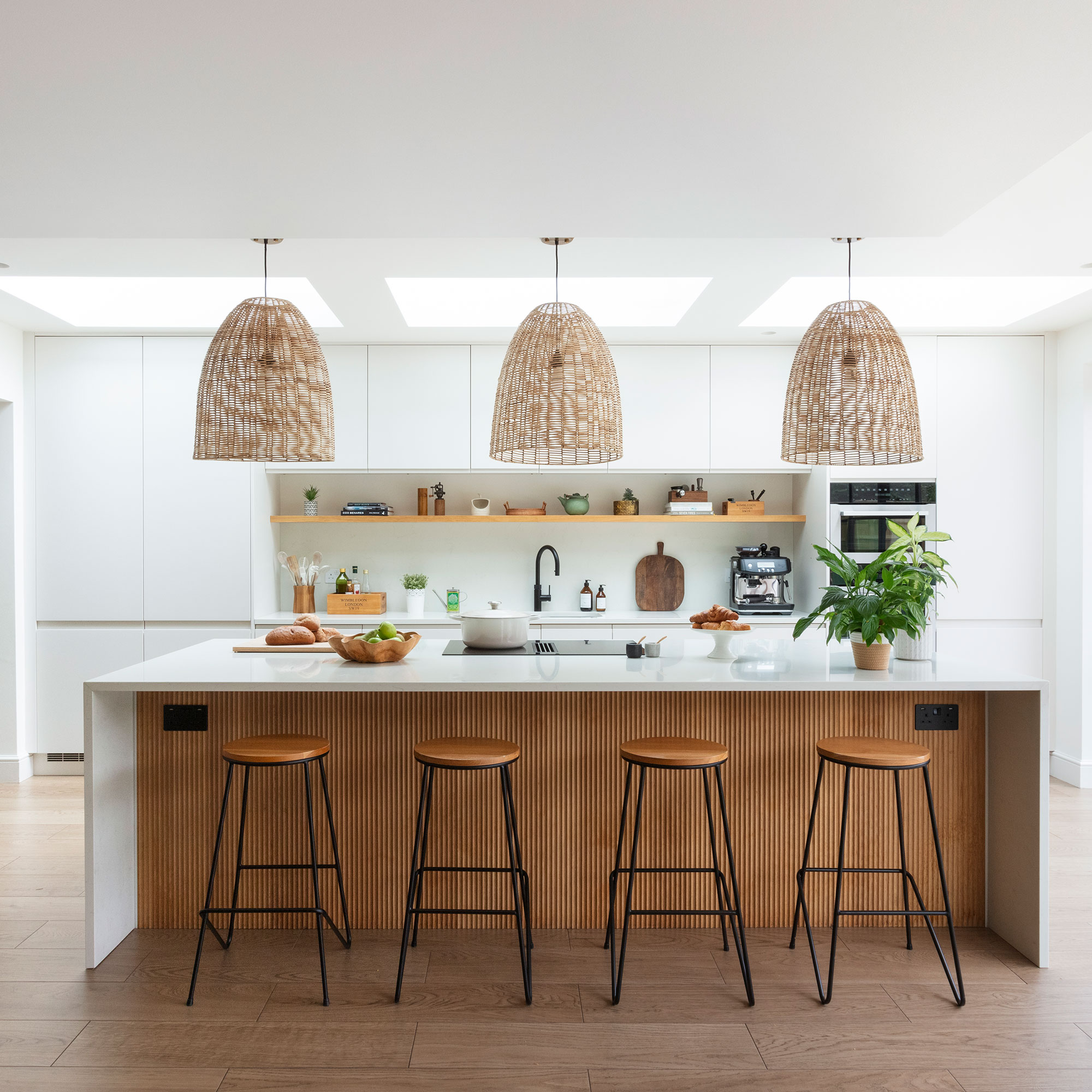 Kitchen hacks to encourage healthy eating habits — 7 ways your kitchen can support healthy living
Kitchen hacks to encourage healthy eating habits — 7 ways your kitchen can support healthy livingMake creating healthy changes easy by following these tips
By Eilidh Williams
-
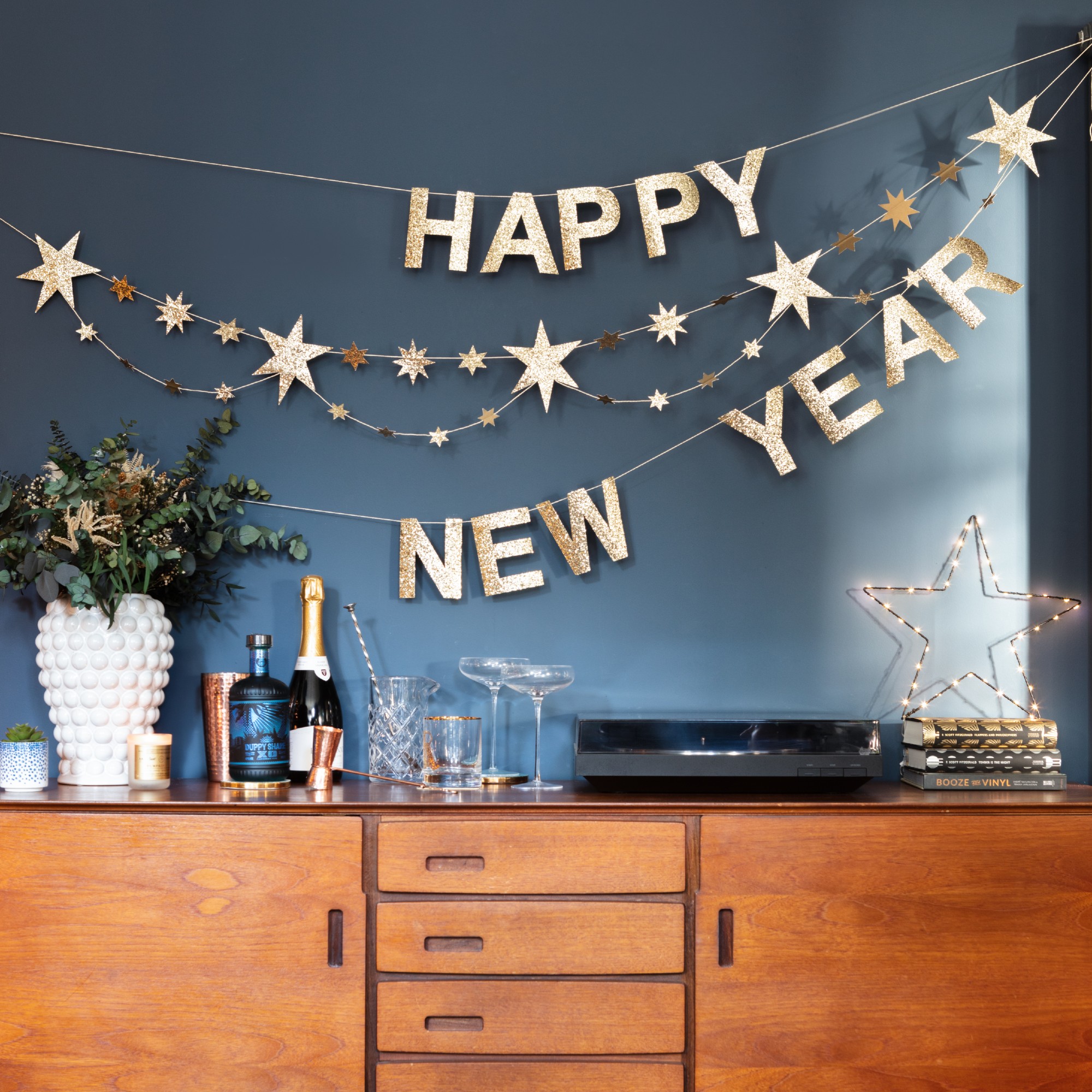 How to reset your home after Christmas to restore a sense of calm
How to reset your home after Christmas to restore a sense of calmFollow these 7 steps to get back to normal at home and beat post-Christmas blues
By Eilidh Williams
-
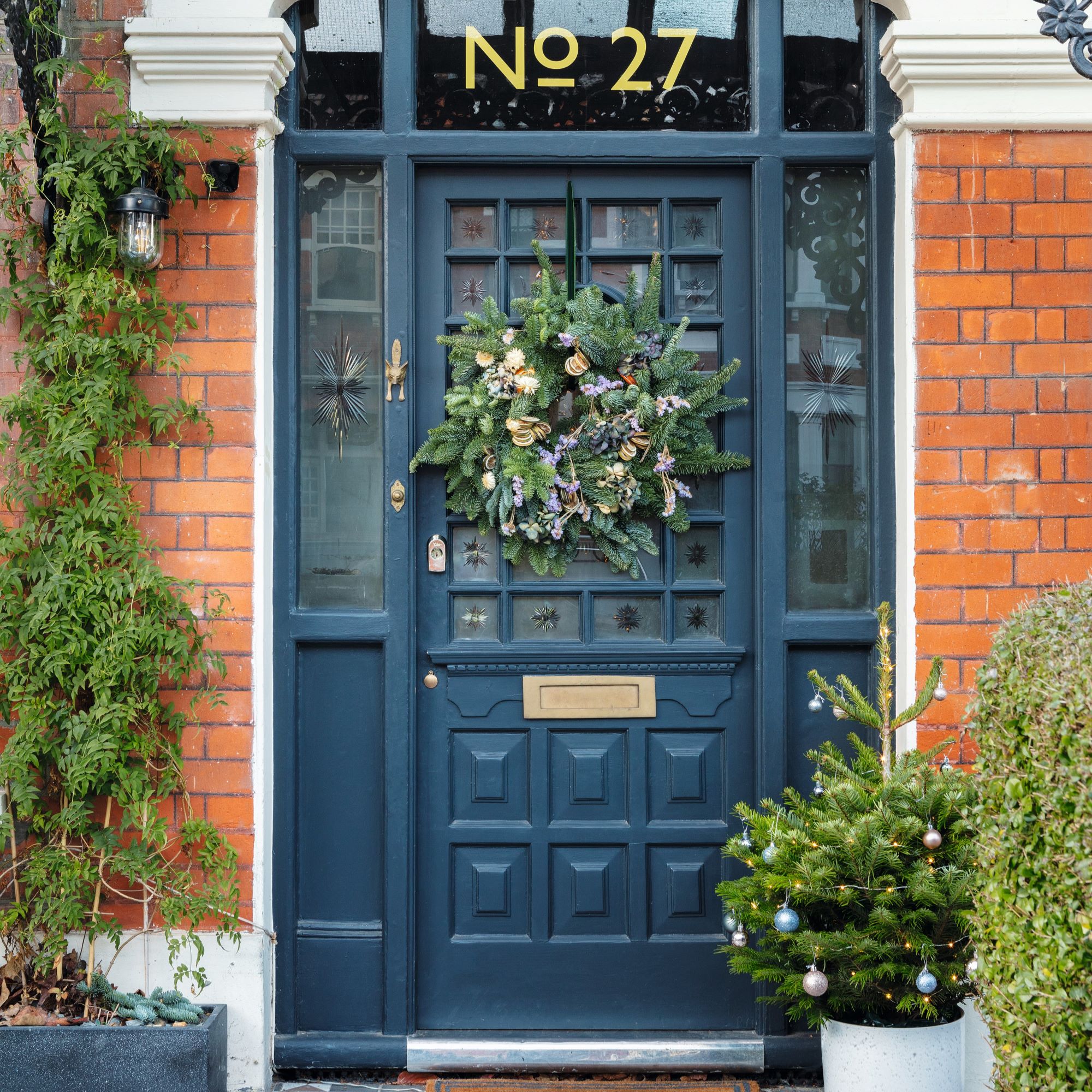 How to make a house look more inviting - 8 ways to quickly boost your house’s appeal in time for Christmas
How to make a house look more inviting - 8 ways to quickly boost your house’s appeal in time for ChristmasMake visitors feel welcome from the second they step foot on your property
By Vanessa Richmond